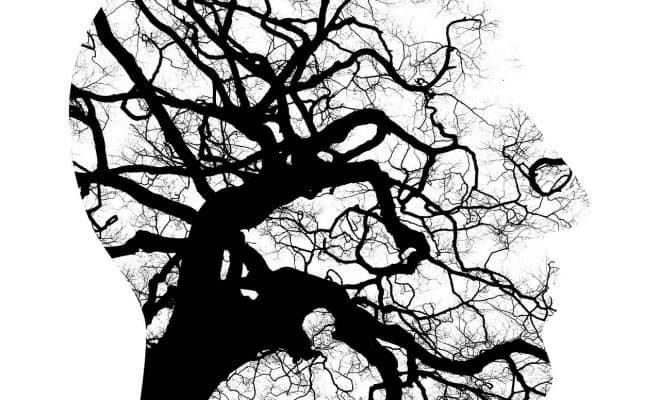Eating Disorders: Class is in Session

Have you ever stared at a billboard, catalog, or magazine and felt inadequate? Many people harshly criticize their bodies when beauty depictions of models center around popular “highly desirable” body shapes. The media and beauty industry inundates us with unrealistically glamorous ideals. There are insider guidelines and other little hacks with step-by-step tutorials on how and why you should attain this “standard” of perfection.
Please don’t buy into the fallacy. Those pictures do not display real life. The models hide it underneath their smiles. Behind closed doors and away from cameras and Photoshop, their friend Ana leeches onto models’ sides and sticks to them like glue. She feeds them lie after lie about attaining perfection.
Welcome back to class. For today’s topic: Eating Disorders (ED).
According to the National Association of Anorexia Nervosa and Associated Disorders, eating disorders are one of the deadliest mental addictions, ranking right behind opium dependency. Thought processes revolve around food and weight– often unhealthily. Anorexia Nervosa denies eating as much as possible, Bulimia Nervosa is a cycle of binging tons of food and purging, and Binge Eating Disorder (BED) causes a person to overeat in a short period of time. The causes are vast in nature and experts believe the root of controlling food intake is a coping mechanism for overwhelming and painful feelings. Along with genetics and the environment, peer pressure and emotional health highly correlate with ED, usually due to constant harassment and bullying centered around weight.
I had the privilege of interviewing someone who is in recovery from this disorder. This is their story:
“It took a long time for me to realize that what I was doing was not normal. I would cycle through periods of engaging in different behaviors that eventually led me dropping out of school. There are days where I still feel those same thoughts rushing through my head, where I feel like I finally escaped the bounds of the disease; where I can go days, even weeks without looking at the scale, then I would be pulled back in…This, just like any other mental health issue, is a lifelong struggle. Everyone’s experience is different. Every person recovers differently and everyone needs different levels of care and support…it does not make one person’s illness more or less valid.
People should treat ED as seriously as any other mental health issue, regardless of a person’s makeup. People think of ED as only skinny ballerina girls when men struggle just as much. We need less stigma so men can feel reassured to reach out for help, too. Regardless of a person’s diagnosis or personal history, they should not have to fall within a certain BMI or a specific range before getting treatment. There should be more accessibility than that.”
ANAD specializes in treatment for eating disorders, offering free support services for those struggling with body image and disordered eating. Therapy is always recommended; 7 cups and BetterHelp provide online platforms for therapy, listeners, and peer support.
Do not make numbers your entire worth: they are your life’s essence, sacred, and should be treated as such. Regardless of gender, age, and sexual orientation, anyone should feel safe and reassured to reach out for help.
Many thanks to Anonymous for sharing their story and their views about recovery.









